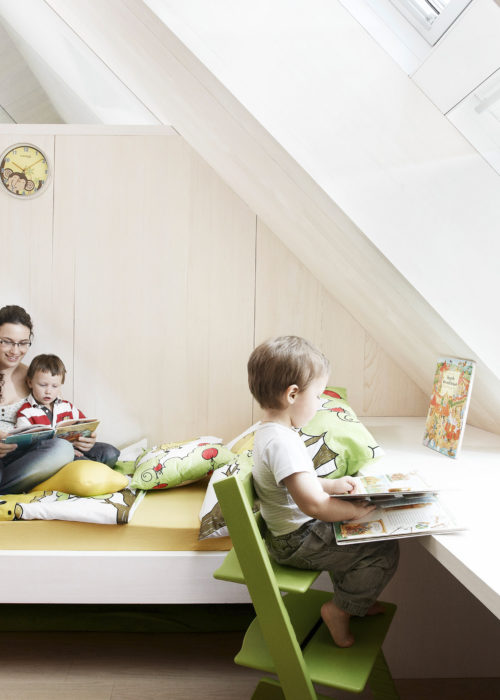
History of Efficient Buildings Europe
Following an invitation by the European Commission to discuss the importance of reducing the energy consumption in buildings, the European Alliance of Companies for Energy Efficiency in Buildings (EuroACE) was created as a cross-sectoral organisation in 1998 by leading companies delivering products, equipment and services for energy efficient buildings.
In 2024, following the evolution of the topic of energy and buildings, the Association became Efficient Buildings Europe, better reflecting its scope of work and creating an immediate connection to buildings.
The specificity of Efficient Buildings Europe, which today counts 16 members, is that all energy efficient technologies are represented: from heating & cooling equipment, insulation, ventilation products, to windows, automation and control systems, design software and water efficient products.
More about the history of Efficient Buildings Europe in our 20th Anniversary Brochure.


Activities of Efficient Buildings Europe
Efficient Buildings Europe works to promote an efficient use of energy in buildings by working with the EU Institutions and other stakeholders to incorporate energy efficiency in all relevant EU policies. Our activities are very diverse:
- Monitor all information related to the EU energy policy;
- Develop position papers on energy efficiency matters, and provide replies to Public Consultations;
- Engage with institutions and stakeholders in advocacy activities, with a focus on the EPBD and EED;
- Fund substantial research on the topic of energy efficiency in buildings;
- Organise events and conferences, including National Dialogue Events;
- Manage the Renovate Europe Campaign.
Energy Efficiency in Buildings
The objective of Efficient Buildings Europe is to help the EU move towards a more efficient use of energy in buildings. One of the key dimensions of the Energy Union, energy efficiency is the number one solution for the EU to achieve its energy security, economic competitiveness and sustainability goals. As a matter of fact, energy efficiency in buildings:
- Boosts the economy and create local jobs in SMEs;
- Improves health & well-being;
- Reduces energy poverty;
- Increases energy security;
- Contributes to CO² emissions reduction.
In this regard, buildings have the biggest role to play as they are responsible for around 40% of the EU energy consumption and 40% of its CO² emissions. On the other hand, energy savings in buildings are technologically feasible and make sense economically.
However, most of today’s building stock is inefficient. And as most of today’s buildings will still be standing in 2050, it is crucial to improve their energy efficiency, notably by increasing the rate and depth of renovation of existing buildings.
Therefore, Efficient Buildings Europe is committed to help the EU deliver better performing buildings, with a view to achieve by 2050, at EU level, a building stock at nearly zero energy performance level.
